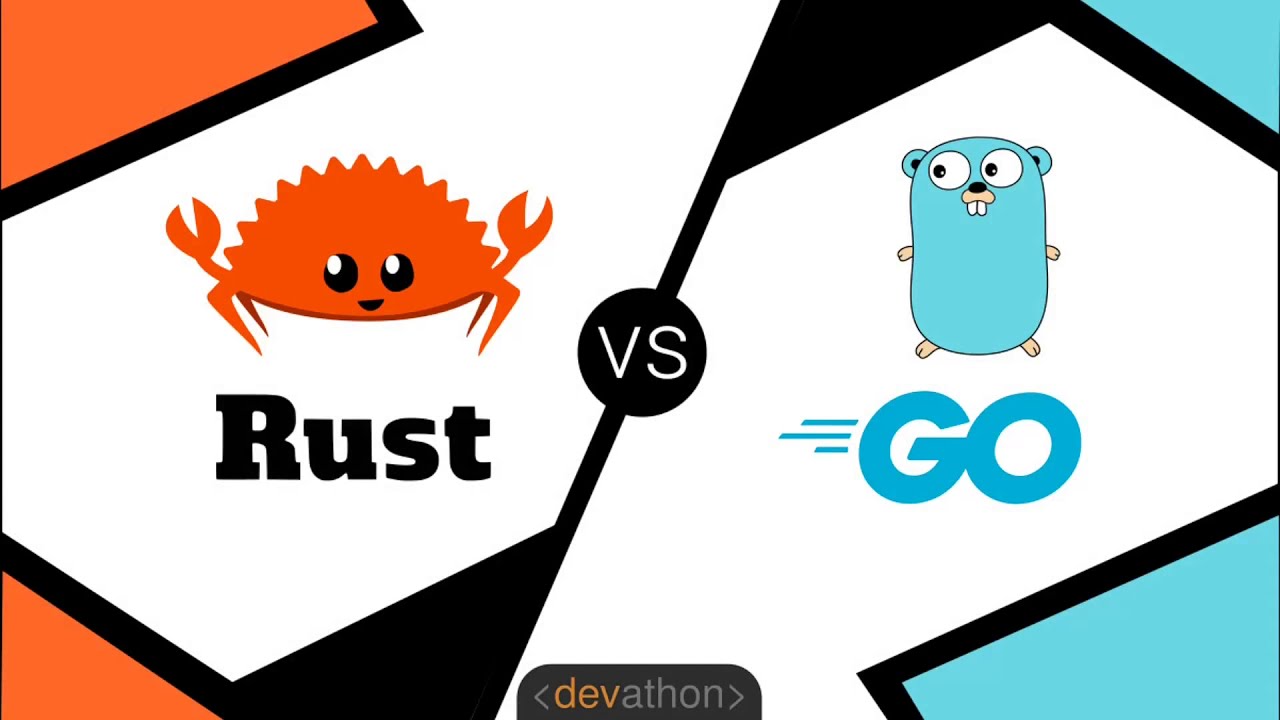
Go vs Rust vs Node vs Python | Which's Faster ?
Last Update: Dec 22, 2022
Rust works well for processing large amounts of data and other CPU-intensive operations, such as executing algorithms. This is Rust’s biggest edge over Go; projects that demand high performance are generally better suited for Rust.
In this tutorial, we’ll compare and contrast Go and Rust, evaluating each programming language for performance, concurrency, memory management, and the overall developer experience. We’ll also present an overview of these elements to help you pick the right language for your project at a glance.
If you’re just starting out with Rust, it might be a good idea to brush up on before you read any further.
If you’re all caught up, let’s dive in!
Contents
Performance
Originally designed by Google’s engineers, Go was introduced to the public in 2009. It was created to offer an alternative to C++ that was easier to learn and code and was optimized to run on multicore CPUs.
Since then, Go has been great for developers who want to take advantage of the concurrency the language offers. The language provides Goroutines that enable you to run functions as subprocesses.
A big advantage of Go is how easily you can use Goroutines. Simply adding the go syntax to a function makes it run as a subprocess. Go’s concurrency model allows you to deploy workloads across multiple CPU cores, making it a very efficient language:
package main import ("fmt""time") func f(from string) {for i := 0; i < 3; i++ { fmt.Println(from, ":", i)}} func main() { f("direct") go f("goroutine") time.Sleep(time.Second) fmt.Println("done")}Rust was designed from the beginning to be high-performance – in fact, it’s the first answer to “Why Rust?” on the Rust website! The way Rust handles memory management means that it doesn’t need a garbage collector, unlike Go, and the use of references let objects easily get passed around without requiring copies to be made.
Rust vs. Go benchmarks
Individual benchmarks can be game-able and also tricky to interpret. The deals with this by allowing multiple programs for each language, and compares how long they take to run as well as memory usage and code complexity to get a better sense for what the tradeoffs are between languages.
For all of the tested algorithms, the most optimized Rust code was at least 30 percent faster than the most optimized Go code, and in many cases it was significantly more; for the benchmark, the most optimized Rust code was 12 times faster than the most optimized Go code! In many cases, even the least optimized Rust code was faster than the most optimized Go code.
Here are a few examples for the most optimized Rust and Go code:
Scalability
Both languages are good at scaling up to take advantage of many CPUs to process data in parallel. In Go, you can use a Goroutine to process each piece of data and use a WaitGroup to wait for them all to finish. In Rust, is a very handy crate that makes it easy to iterate over a container in parallel.
Concurrency
As mentioned above, Go supports concurrency. For example, let’s say you’re running a web server that handles API requests. You can use Go’s Goroutines to run each request as a subprocess, maximizing efficiency by offloading tasks to all available CPU cores.
Goroutines are part of Go’s built-in functions, while Rust has only received native async/await syntax to support concurrency. As such, the developer experience edge goes to Go when it comes to concurrency. However, Rust is much better at guaranteeing memory safety.

Oussama
Nextjs is good isn't it ?